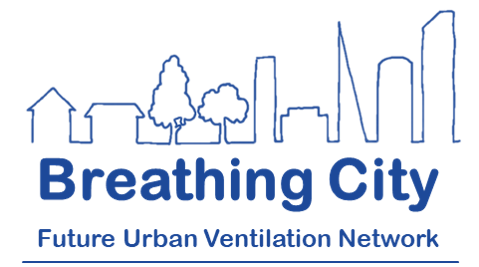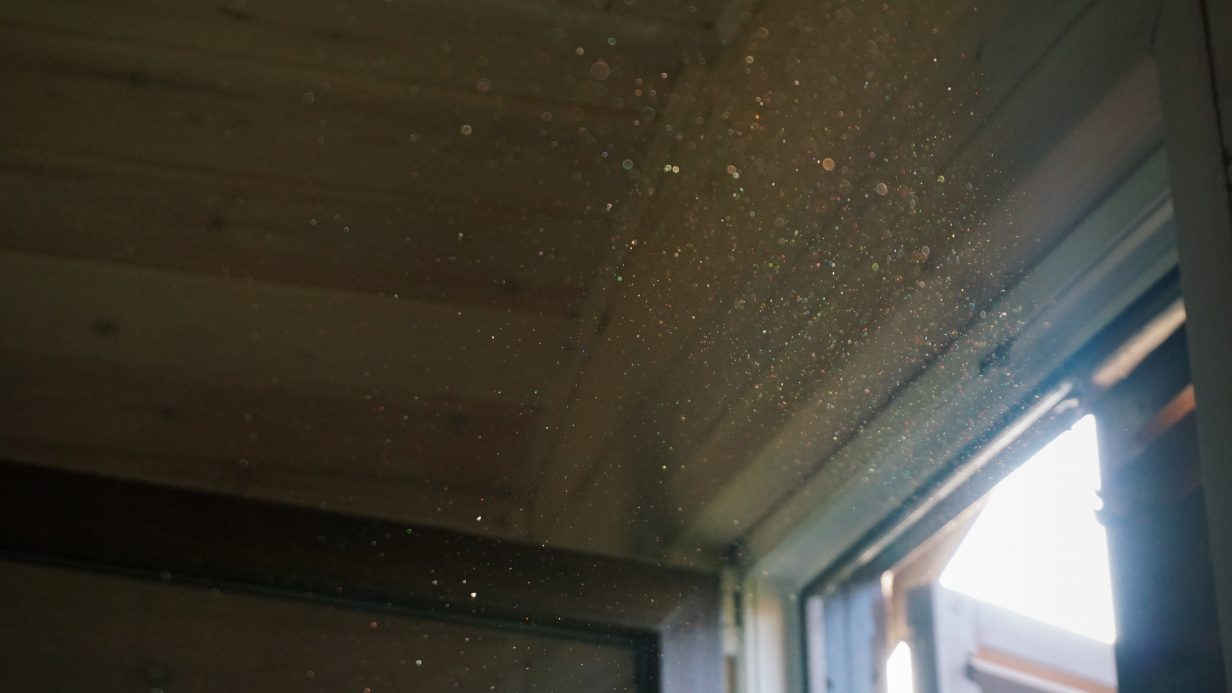The Environmental Audit Committee is undertaking a short inquiry to establish the adequacy of current measures to promote indoor and outdoor air quality, and assess whether air quality targets are sufficient for protecting public health and the environment.
71 pieces of written evidence have been submitted and published. The Future Urban Ventilation Network, as well as our partner networks in the NERC-funded Clean Air Strategic Priorities Fund, submitted written evidence, along with other partners and stakeholders. You can see the full list of submitted written evidence here.
Multiple submissions highlighted the need for more indoor air quality monitoring, and discussed the importance of a whole-systems approach which brings together air quality scientists, health experts and the built environment sector.
Oral evidence is currently being gathered. You can see the latest list of oral evidence transcripts here.
The Environmental Audit Committee’s remit is to consider the extent to which the policies and programmes of government departments and non-departmental public bodies contribute to environmental protection and sustainable development, and to audit their performance against sustainable development and environmental protection targets.
‘Public inquiries are major investigations – convened by a government minister – that can be gifted special powers to compel testimony and the release of other forms of evidence. Inquiries then often draw on experts and policy professionals to help them form recommendations. These are intended to guide the Government and others to make the changes which will prevent recurrence. Between 1990 and 2017 46 inquiries made 2,791 recommendations.’ From Institute for Government


